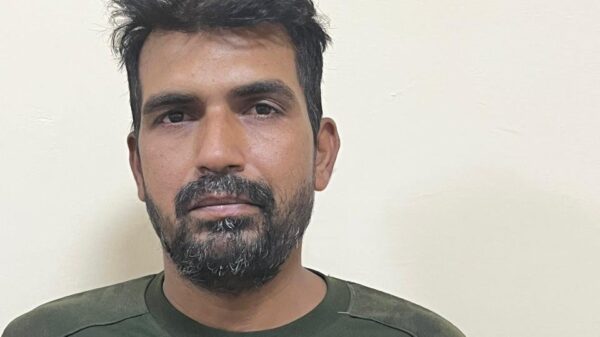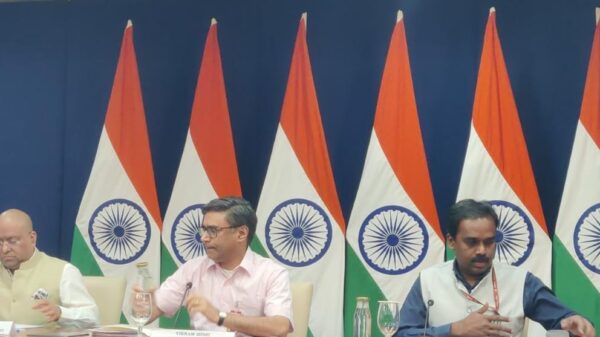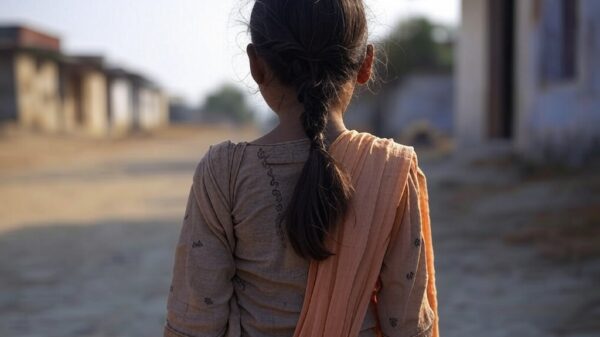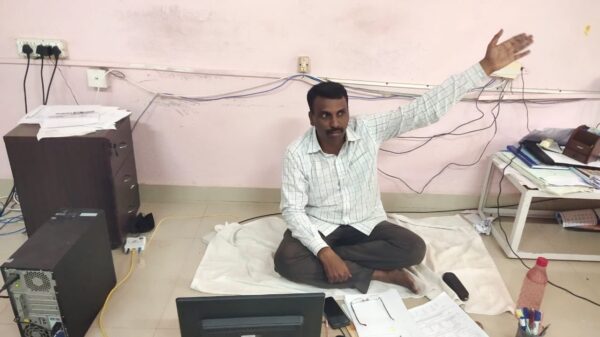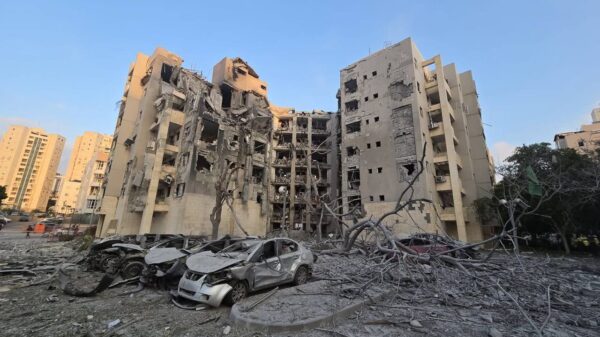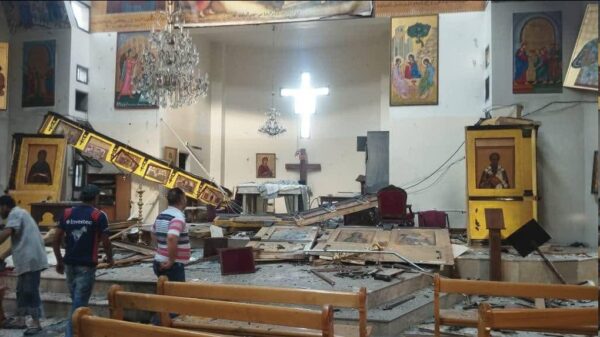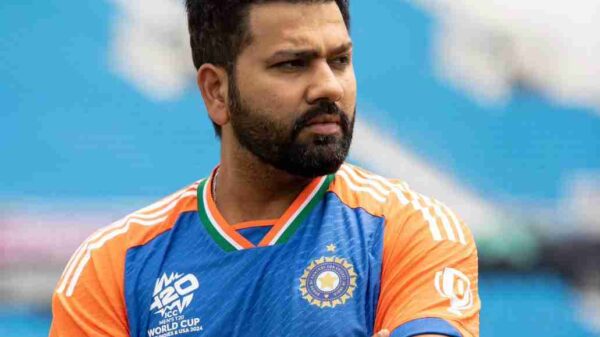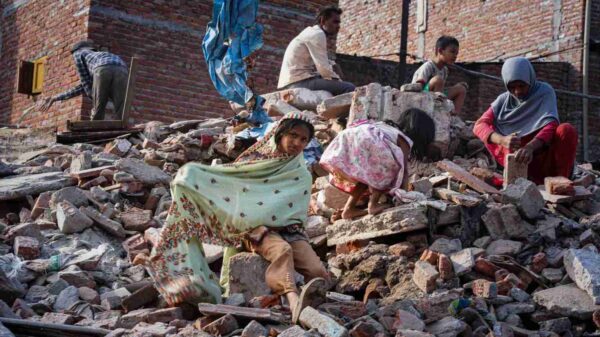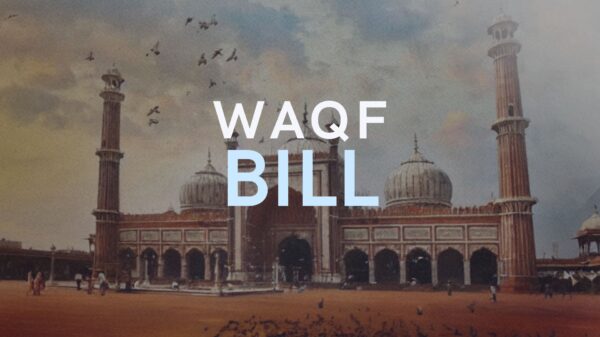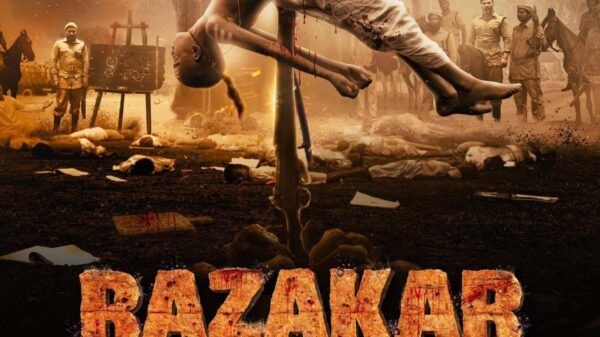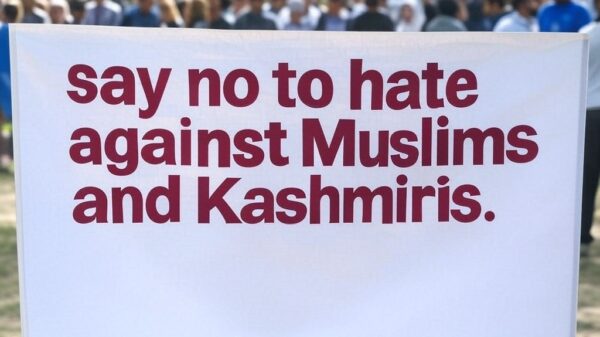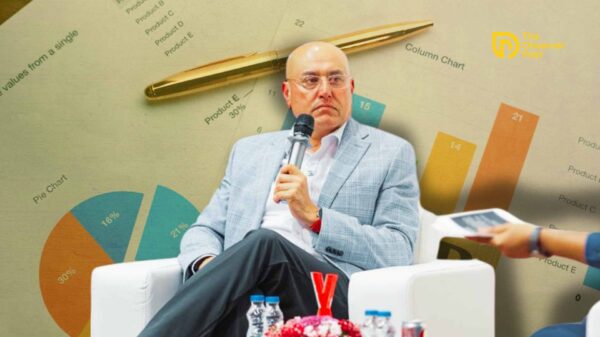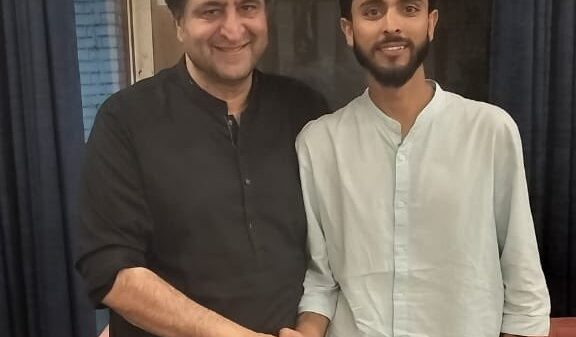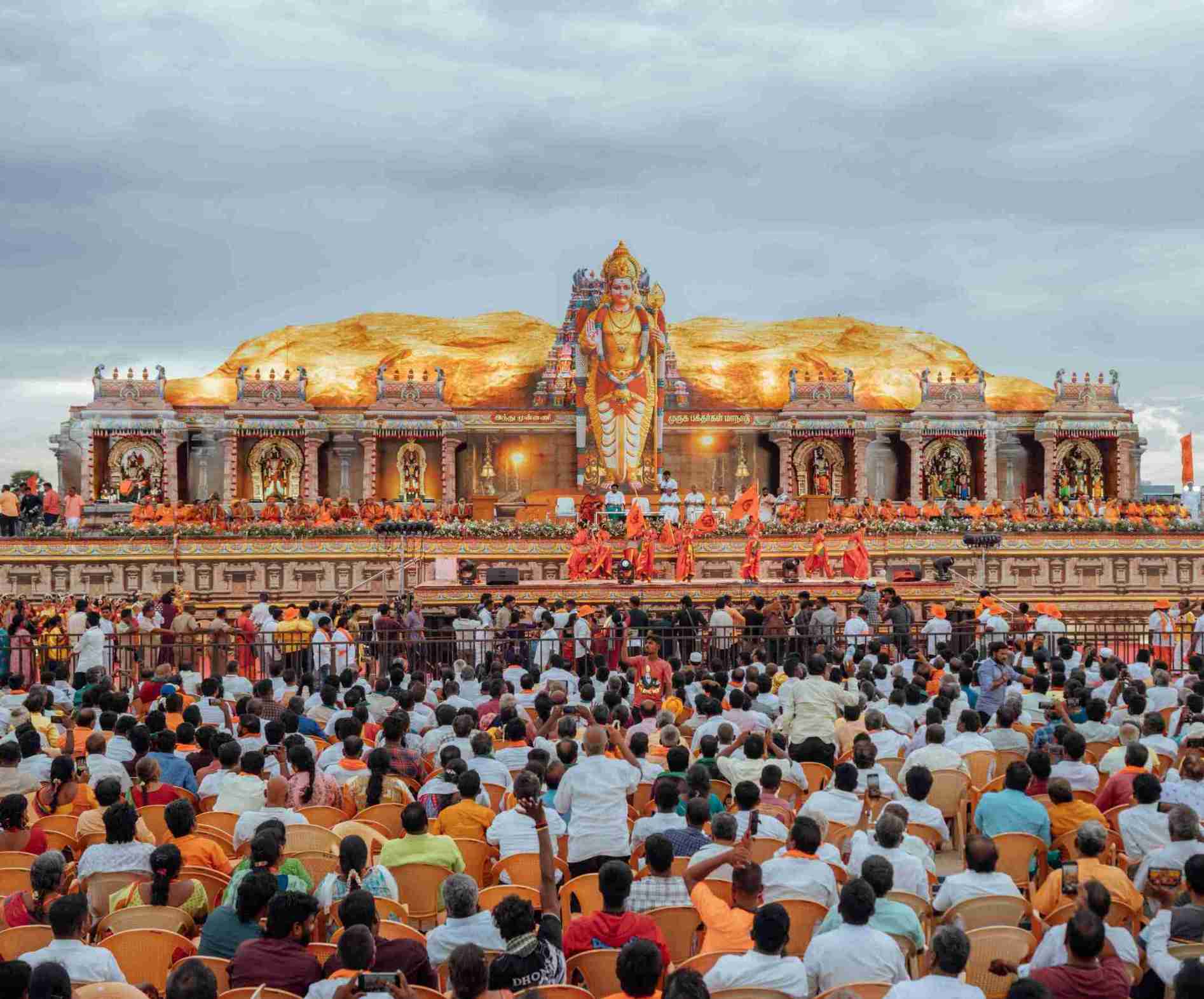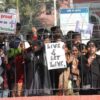Lakhs of people gathered in Madurai, Tamil Nadu, on Sunday for the Murugan Devotees Conference, organised by Hindutva groups including the Hindu Munnani and the Bharatiya Janata Party (BJP). The event marks the culmination of a months-long campaign seeking full control over the Thirupparankundram hill — home to both ancient Hindu temples and a centuries-old Sufi shrine — which organisers described as the “Ayodhya struggle of the South.”
Replacing the ‘Jai Shri Ram’ chant with slogans like “Muruganuku Aro Hara” and “Vetrivel Veeravel,” the conference saw participation from key BJP allies, including Andhra Pradesh Deputy Chief Minister Pawan Kalyan and former Tamil Nadu BJP chief K Annamalai, who both delivered fiery speeches.
Posters of Uttar Pradesh Chief Minister Yogi Adityanath adorned the venue, though he did not attend the event. The rally, permitted by the Madras High Court on the condition that no political speeches be delivered, nevertheless featured pointed political rhetoric.
Annamalai, in a veiled dig at the ruling DMK and its youth wing leader Udhayanidhi Stalin, said, “The people have chosen ‘swami’ over ‘nidhi’,” drawing loud cheers from the crowd. He also drew parallels between India’s fight against terrorism and Israel’s ongoing conflict in West Asia, accusing domestic leaders of failing to support India’s national interests.
Pawan Kalyan’s speech struck a cultural and political chord. Referring to local icon Pasumpon Muthuramalinga Thevar — linked to caste violence in the 1957 Mudukulathur riots — as an incarnation of Lord Murugan, he questioned what he called “selective secularism” in India.
“A Muslim can proudly be a Muslim, a Christian can follow their faith, but when a Hindu asserts their identity, it becomes a problem,” he said.
Six resolutions were passed at the conference, calling for Hindu unity, the lighting of Karthigai Deepam on Thirupparankundram hill, removal of government control over temples, and a pledge to prevent religious conversions.
RSS leader Vanniarajan addressed the deep social divide within Hindu society, calling untouchability a sin that must be uprooted to build unity. “Temples, cremation grounds, and water bodies should be open to all communities,” he said.
The conference took place in the backdrop of escalating tensions around Thirupparankundram hill. In February 2025, right-wing groups claimed that the presence of the Sikandar Dargah and Muslim practices on the hill — including the controversial Kasthuri animal sacrifice festival — were efforts to rename the hill as ‘Sikandar Malai.’
The event saw strong mobilisation from the dominant Mukkulathor community in southern Tamil Nadu and marked a significant moment in the political realignment of the region. Though the AIADMK did not officially endorse the event, four former ministers from the party — including RB Udhayakumar, Sellur Raju, Kadambur Raju, KT Rajenthera Bhalaji, and VV Rajan Chellapa — shared the stage with leaders of the RSS, VHP, and Hindu Munnani.
This visible participation signaled a shift in AIADMK’s approach, as it marked the first time its senior leaders appeared at a Hindu Munnani-organised event.
Parties in Tamil Nadu’s ruling alliance, including the DMK, VCK, and CPI(M), criticised the conference, accusing the Sangh Parivar of attempting to appropriate Murugan — widely regarded as a Tamil deity — for Hindutva political gains.


